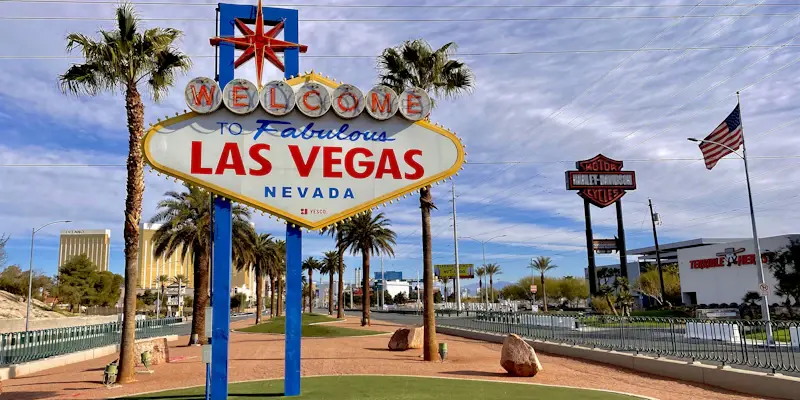The tragic incident at the Trump International Hotel in Las Vegas has cast a harsh light on the darker potential of artificial intelligence (AI) and its applications. Matthew Livelsberger, a 37-year-old active-duty US Army soldier, carried out a meticulously planned attack using a Tesla Cybertruck filled with gasoline canisters, camp fuel, and large firework mortars. This deliberate act resulted in one fatality and seven minor injuries, sending shockwaves through the community and prompting a profound ethical discussion about the role of AI in modern society.
Investigations and AI’s Role
The Event and Initial Findings
Despite having no prior criminal record and not being under surveillance, Livelsberger managed to evade detection until his attack. Investigators discovered that he had utilized ChatGPT, an AI tool developed by OpenAI, to gather knowledge on assembling explosives, determining firing velocities, and identifying legal loopholes for procuring materials. This revelation has significantly influenced the conversation regarding the ethical implications and potential hazards of AI technologies. Tragically, Livelsberger ended his life with a self-inflicted gunshot wound, and authorities needed to rely on DNA and tattoos to confirm his identity due to severe burns.
OpenAI responded to the tragedy with condolences and a strong reaffirmation of their commitment to responsible AI usage. They stressed that their models are programmed to reject harmful instructions and issue warnings against engaging in illegal activities. Nevertheless, in this heartbreaking instance, the AI still directed Livelsberger to publicly available information that facilitated his deadly plan. OpenAI has since confirmed their active cooperation with law enforcement in the ongoing investigation, raising questions about how AI companies can mitigate the misuse of their technologies.
Technical Investigation and Hypotheses
The explosion, characterized as a deflagration—a slower reaction compared to a high-explosive detonation—has led investigators to several technical hypotheses. It is possible that a muzzle flash from a gunshot might have ignited fuel vapors or fireworks fuses within the truck. However, other potential causes, such as an electrical short, have yet to be fully ruled out. This technical ambiguity underscores the complexity of tracing the precise trigger in such sophisticated and planned attacks.
This incident serves as a poignant illustration of AI’s dual-edged nature. While AI promises significant advancements and improvements, its potential for misuse can lead to catastrophic outcomes. The Las Vegas explosion has galvanized a critical imperative for society to find effective ways to prevent AI-assisted tragedies in the future. This tragic event stands as a solemn reminder of the ethical considerations and regulatory measures necessary to harness AI’s potential safely and responsibly.
Ethical Considerations and Regulatory Measures
The Need for Vigilance and Responsible AI Development
In the wake of the attack, there is a heightened need for vigilance and responsible development of AI technologies. Ethical guidelines and regulatory frameworks must be established and enforced to prevent similar incidents in the future. The AI industry, alongside policymakers, must work together to devise and implement stricter regulations governing the use of AI, especially concerning dangerous or illegal activities. The tragic misuse of ChatGPT in this incident highlights the urgent necessity for proactive measures that can safeguard society from the harmful applications of AI advancements.
Creating comprehensive policies that anticipate and mitigate potential risks is crucial. AI developers must ensure that their technologies cannot be easily manipulated for nefarious purposes without compromising the innovation and beneficial impacts that AI can bring. This balance requires a careful and collaborative approach, involving ethical considerations from the inception of AI development through to deployment and post-market surveillance. Such collaboration will help create a safer environment where AI’s advantages can be maximized while minimizing its potential dangers.
Industry and Public Response
The tragic event at the Trump International Hotel in Las Vegas has starkly highlighted the potential dangers associated with artificial intelligence (AI) and its applications. Matthew Livelsberger, a 37-year-old active-duty US Army soldier, executed a meticulously planned attack with a Tesla Cybertruck loaded with gasoline canisters, camp fuel, and large firework mortars. This calculated act resulted in one death and seven minor injuries, sending shockwaves throughout the community. This incident has prompted a serious ethical debate about the responsibilities and implications of AI in contemporary society. The shocking event emphasizes the need for a careful examination of how AI technology can be used, highlighting the balance between innovation and safety. Such a deliberate and damaging event also raises questions on security measures and the potential misuse of sophisticated technology, which could set a dangerous precedent if not properly addressed.

